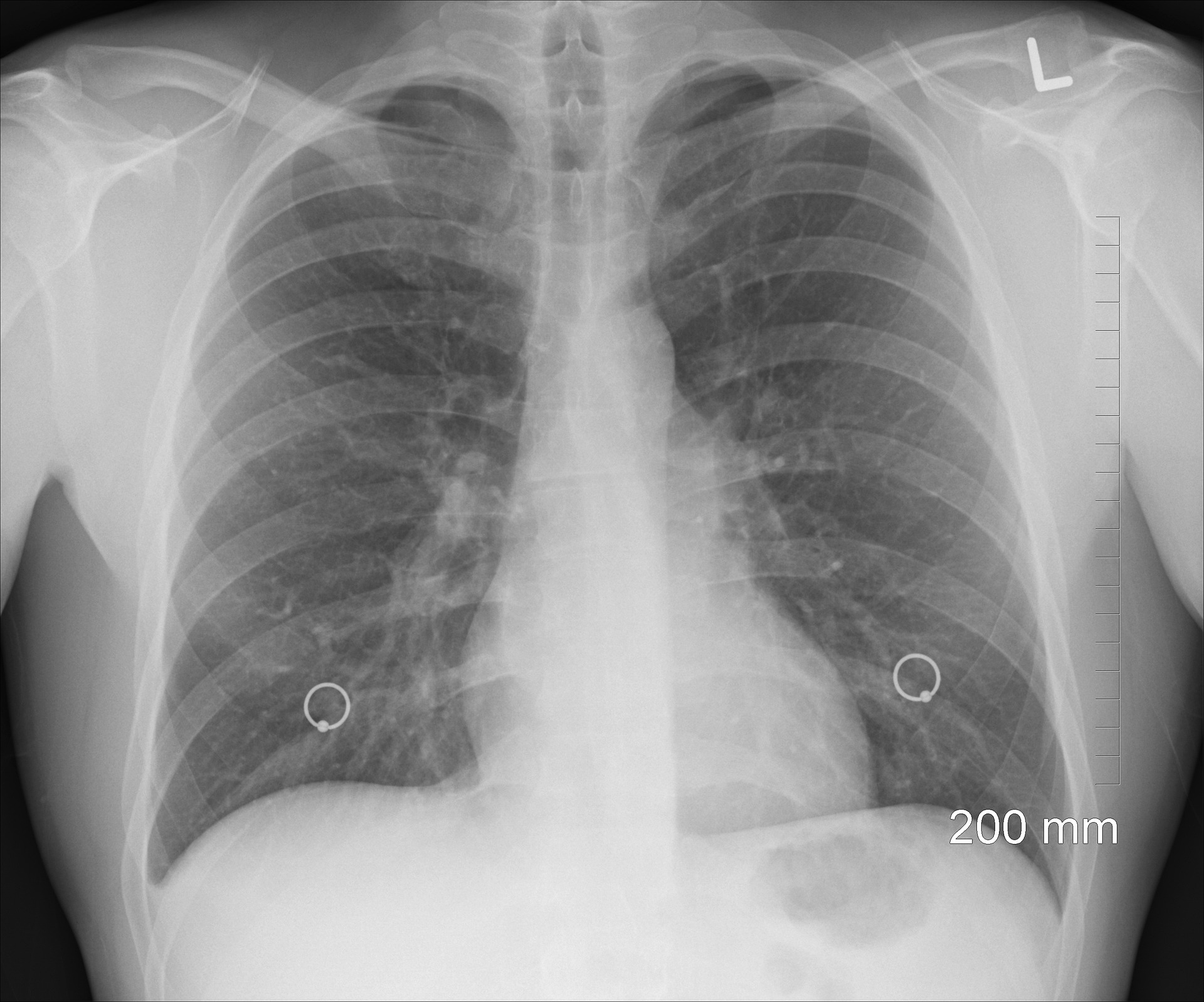Do your nipples sometimes appear puffier than usual, leaving you curious and slightly concerned? Fear not, for we are here to unravel the mysteries surrounding this common phenomenon! In today’s blog post, we will dive deep into understanding puffy nipples – their causes, dispelling myths that surround them, and shedding light on the facts that everyone should know.
So sit back, relax, and get ready to embark on a journey of knowledge about your own body in our quest to demystify puffy nipples once and for all!
What are Puffy Nipples?
Premature breast development is a common problem in girls and women of all ages. Puffy nipples can be a sign of premature breast development, but they can also be caused by other factors.
What are Puffy Nipples?
Puffy nipples are benign, or non-cancerous, breasts that may appear due to various reasons. They can develop due to hormonal changes during puberty, pregnancy, menopause, or medical conditions like thyroid disease or asthma. Puffy nipples may also be a sign of early breast cancer.
Causes of Puffy Nipples
There are many causes of puffy nipples, including the following:
Hormonal changes during puberty : Hormones like estrogen and testosterone cause the breasts to grow and fill with milk. These hormones may also cause the skin around the nipples to become thicker and softer. This can lead to puffy nipples if the milk ducts (leading from the breasts to the nipple) become blocked.
:Hormones like estrogen and testosterone cause the breasts to grow and fill with milk. These hormones may also cause the skin around the nipples to become thicker and softer. This can lead to puffy nipples if the milk ducts (leading from the breasts to the nipple) become blocked. Pregnancy : During pregnancy, your body produces high levels of estrogen and progesterone. This can increase your risk of developing puffy nipples due to increased fluid accumulation in your breasts. Additionally,
Causes of Puffy nipples
There are many possible causes of puffy nipples, including hormonal changes, breastfeeding, and genetics.
Here are some of the most common causes of puffy nipples:
- Hormonal Changes: Puffy nipples can be a result of hormonal changes in women. During ovulation, the hormone estrogen can cause the skin to expand and may cause puffy nipples. Additionally, during menopause, the level of estrogen in a woman’s body may decline and lead to increased puffy nipple occurrences.
- Breastfeeding: Puffy nipples can also be a side effect of breastfeeding. The engorgement and release of milk from the breasts can cause swelling in the nipples which may appear as puffyness.
- Genetics: Puffy nipples can also be a hereditary condition that is passed down from parent to child. Some factors that may contribute to this condition include obesity, high blood pressure, and thyroid problems.
Myths about Puffy nipples
Puffy nipples can be caused by a number of factors, including weight gain, genetics, and hormone fluctuations. Here are the myths about puffy nipples and the facts.
MYTH: Puffy nipples are always a sign of breast cancer.
FACT: There is no evidence to support this claim. Puffy nipples can occur in people with and without breast cancer. Some women may develop them during pregnancy or after giving birth as their breasts change size and shape.
MYTH: Puffy nipples are a result of wearing the wrong bra size.
FACT: While wearing the wrong size bra may contribute to puffy nipples, there is no evidence that bras specifically make them more likely to appear. In fact, many women who have puffy nipples do not wear bras at all.
Facts about Puffy nipples
Puffy nipples can occur for a variety of reasons. Some people inherit them, while others may develop them during pregnancy or breastfeeding. Puffy nipples can also be the result of glandular fever, thyroid problems, and other medical conditions.
Here are some facts about puffy nipples:
Puffy nipples can occur for a variety of reasons including inherited traits, medical conditions, and pregnancy or breastfeeding.
Puffy nipples can also be caused by glandular fever, thyroid problems, and other medical conditions.
Conclusion
It can be frustrating when you wake up to see your nipples are puffy and swollen. While there is no one answer as to why this might happen, we have a few things to share that may help clear some of the mystery.
In this article, we will discuss the possible causes of puffy nipples, dispel some common myths about them, and provide you with the facts so that you can make an informed decision about what steps to take next.
You may also like.
